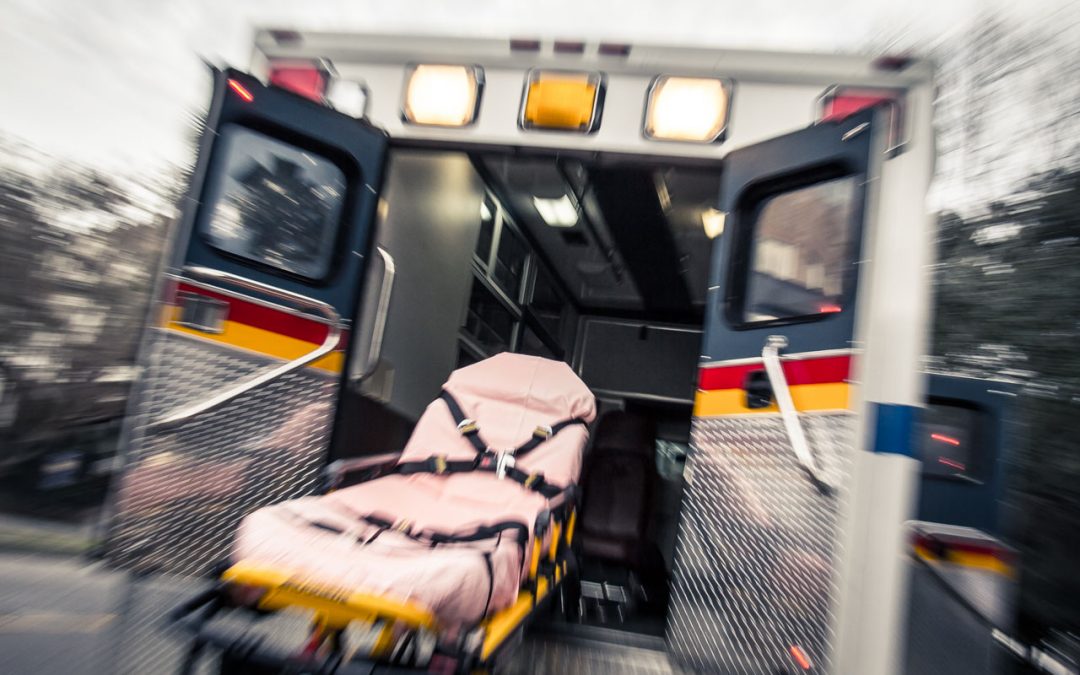The term Non-Emergency Medical Transport is often misunderstood. Essentially it references transports that are generally scheduled or are non-immediate in nature. These types of transports represent a large percentage of services provided by companies like MedTrust Medical Transport. There are many misconceptions about this type of transport that can include stretcher (BLS/ALS), wheelchair, or ambulatory services. In most cases, the patients being transported are assumed to be clinically stable. However, sometimes, these patients are fighting multiple health issues including, but not limited to End Stage Renal Disease (ESRD), diabetes, Chronic Heart Failure (CHF), Chronic Obstructive Pulmonary Disease, Hypertension/Hypotension, Dementia, AFIB, and more.
In other words, what starts out as a routine transport, can quickly take a turn for the worst. Competent and professional medical care is crucial in these scenarios and is the main reason that MedTrust is constantly developing and implementing new training.
“All of our EMT/Paramedic providers maintain licensing/credentialing from both the State of SC through SCDHEC and nationally through NREMT.”
– Matt Marous, MedTrust Training and Compliance
The company offers paid training monthly and quarterly on required and supplementary subject matter. These classes are taught by Mr. Marous, Dr. Eric Brittain, and guest subject matter experts.
Our wheelchair and ambulatory drivers are trained in First Aid and CPR as well as patient transfer education and techniques. Non-emergency Medical Transport can include:
1. Transports to and from Dialysis
2. Transports to and from Wound Care
3. Transports to and from chemotherapy
4. Hospice-related transports
The types of transports above, may be covered by your insurance plan under certain circumstances. Please email billing@ridemedtrust.com or call 843-284-6331 to see if your transport will be covered.
They also include transports that may not be medically necessary like trips to church or a wedding for example. It is important to recognize that these types of transports are most-often patient responsibility from a payment perspective.

